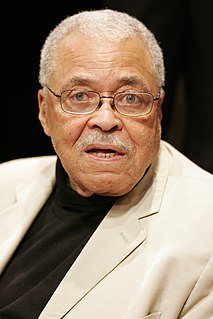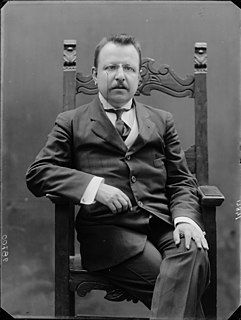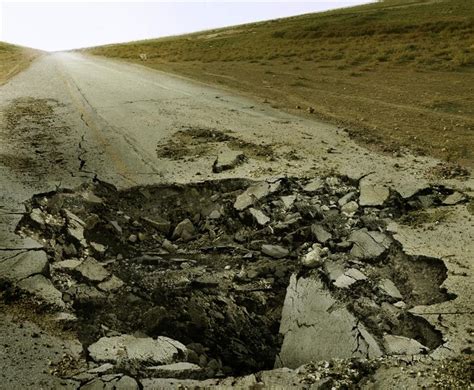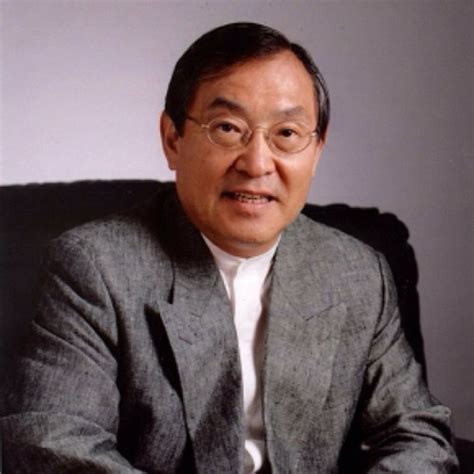A Quote by Antonio Gramsci
The starting-point of critical elaboration is the consciousness of what one really is, and is 'knowing thyself'as a product of the historical processes to date, which has deposited in you an infinity of traces, without leaving an inventory.
Related Quotes
[T]he visibility of styles is itself a product of historical consciousness. ... The very notion of "style" needs to be approached historically. Awareness of style as a problematic and isolable element in a work of art has emerged in the audience for art only at certain historical moments - as a front behind which other issues, ultimately ethical and political, are being debated.
We are like droplets of water in an ocean of consciousness; individual to an extent, but those droplets together make up the ocean -- without the droplets there is no ocean. It is the same with this infinite energy mind we call creation/god. We are not part of that infinity -- we are that infinity if we open ourselves up to reconnect with it. Wherever you stand in infinity, you are at the center of infinity. So everything that exists is everything that exists. I am everything that exists; and so are you -- the more you realize that, the more you open up to the full infinity of who you are.
The more students work at storing the deposits entrusted to them, the less they develop the critical consciousness which would result from their intervention in the world as transformers of that world. The more completely they accept the passive role impressed on them, the more they tend simply to adapt to the world as it is and to the fragmented view of reality deposited in them.


































